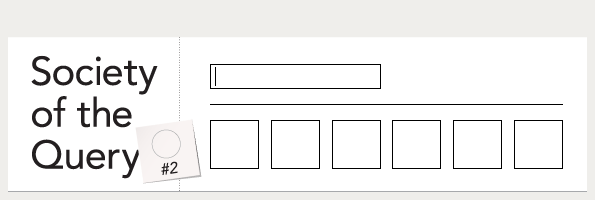The website searchengineland.com featured a live blog coverage of the interview with Dylan Casey, Search Product Manager at Google from the TWTRCON – a one-day conference focusing entirely on the business use of Twitter, held on 14 June 2010.
In brief, Google launched the Real Time search last December, a feature that shows results based on whether there is a real time component to the queries made on a particular topic. This can be done by clicking on the Latest tab on the search results page. Results displayed include twitter tweets, Google news, blog search, Facebook Fan page updates, etc. Since April 2010, another feature was the inclusion of top links on the result page: a section that displayed the more ‘authoritative and popular stories’ on the query. More links to background readings are present in the article itself.
Questions to Dylan were mostly to do with the developments of Google’s real time search function and the way it was reacting to the integration of News results and Facebook results, and more so, the ramifications of real time results on the way ‘ searching’ was going to develop.
While he discussed some features of the real time search that Google will focus on: namely frequency and quality (for example: retweets in the case of twitter posts), and that there will be no connection between paid and unpaid searches (paid results will remain unchanged in natural search irrespective of surge in real time search results), the most interesting remarks from Dylan were that the opening up of the web is better for everyone and that instantaneous updates made content more relevant for its consumers.Two of the most interesting comments were on the way content publishing and the notion of privacy in content was to change with ‘real time search’:
One of the benefits is not only people will think they can come to Google and get the right answer if they hear an explosion or see a rally but also it will change the way that people will publish. That if I’m making this [real time] content available, it will be useful.”
The more open the web is the better, not just for Google but for everyone. Flip side is that the content previously thought of as private needs to be increasingly careful on how we manage it.
These comments very much highlight the dissonance between public and private nature of information that recent concerns over Google Buzz has also generated. The question rather, is that should user published content be made searchable and catalogued on a large Search engine platform.
Whilst concluding with a response to an audience query on the physiology of the real time search, Dylan added that there was still a long way to go with real time search, and that it was progressing in the direction of “work to innovate.” He adds, ” It’s just like search. We haven’t solved it yet.”


